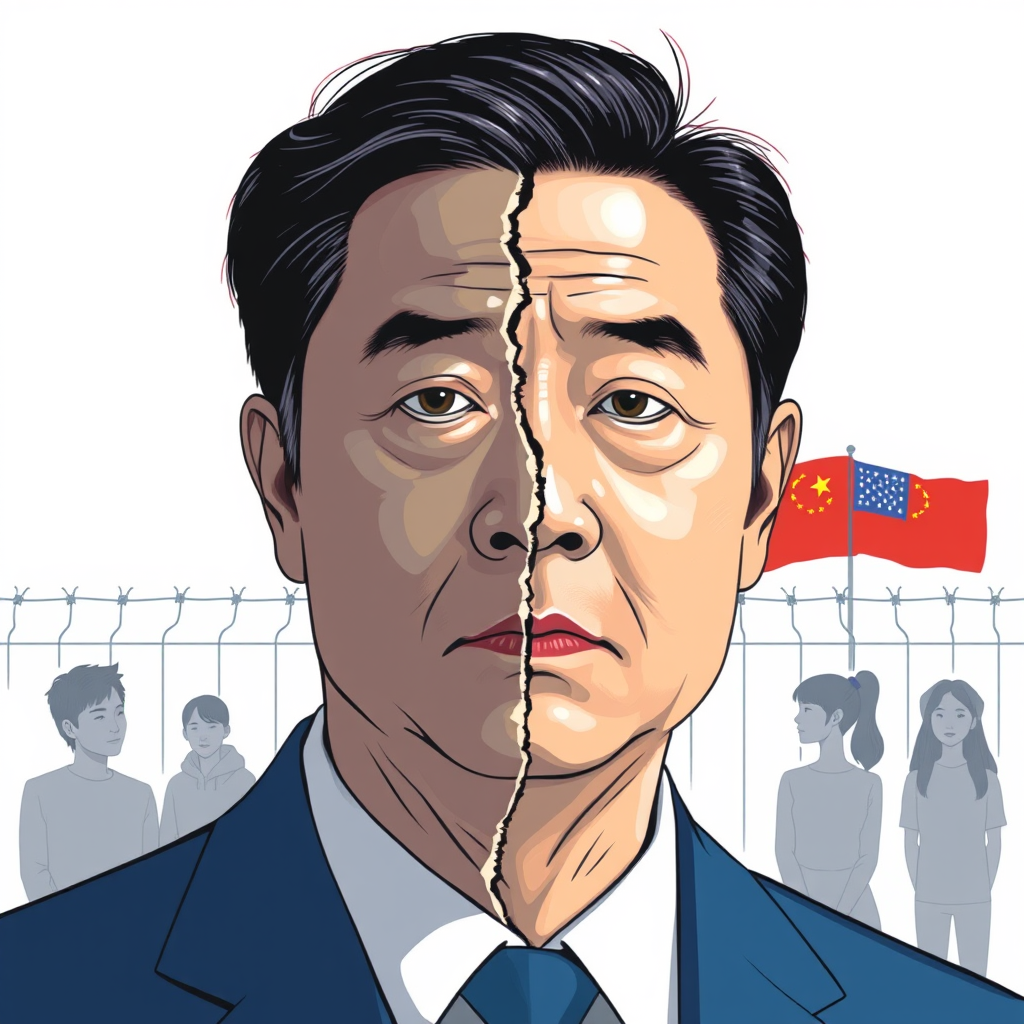South Korea’s Leader Faces Fractured Future

South Korea stands at a critical juncture, poised for a presidential election that reflects deep societal fractures and a yearning for stability. Lee Jae-myung, the leading candidate, navigates a complex political landscape marked by economic anxieties, generational divides, and persistent security concerns on the Korean Peninsula. His campaign promises a unifying vision, yet the nation’s history of political turmoil and entrenched ideological battles casts a long shadow.
Lee’s platform centers on addressing economic inequality and fostering social cohesion, a message resonating with a young electorate burdened by high unemployment and limited opportunities. However, he faces a formidable challenge in bridging the widening gap between generations, particularly regarding gender roles and perceptions of fairness. The rise of anti-feminist sentiment among young men, fueled by online misinformation and a sense of disadvantage, presents a significant obstacle to achieving true social harmony.
The shadow of past presidencies looms large. South Korea’s turbulent political history – marked by imprisonment, suicide, and impeachment of leaders – underscores the urgent need for systemic reform. Calls for constitutional amendments, including extending presidential terms and aligning parliamentary elections, reflect a desire to break the cycle of political instability. Lee acknowledges the necessity of reform, though any changes would not benefit his own potential tenure.
Geopolitically, the Korean Peninsula remains a flashpoint. North Korea, emboldened by increased military capabilities and economic support from China and Russia, poses a constant threat. Lee recognizes the importance of the U.S.-South Korea alliance while cautiously navigating the complex relationship with China. His stance on regional security, including a cryptic response to a potential defense of Taiwan, suggests a pragmatic approach prioritizing national interests.
The election isn’t simply a contest of policy proposals; it’s a referendum on South Korea’s identity and future. The nation grapples with reconciling its rapid economic development with persistent social inequalities, its democratic aspirations with a history of authoritarianism, and its role as a regional power amidst escalating geopolitical tensions.
Lee’s campaign attempts to strike a delicate balance, appealing to a broad spectrum of voters while acknowledging the deep-seated divisions within Korean society. Whether he can successfully bridge these divides and usher in an era of stability and progress remains to be seen. The election outcome will undoubtedly shape not only South Korea’s domestic trajectory but also its position on the world stage. The pervasive sense of political animosity, however, suggests that even a decisive victory may not be enough to heal the nation’s wounds. A fundamental shift in political culture, prioritizing dialogue and mutual respect, is perhaps the most pressing challenge facing South Korea today.